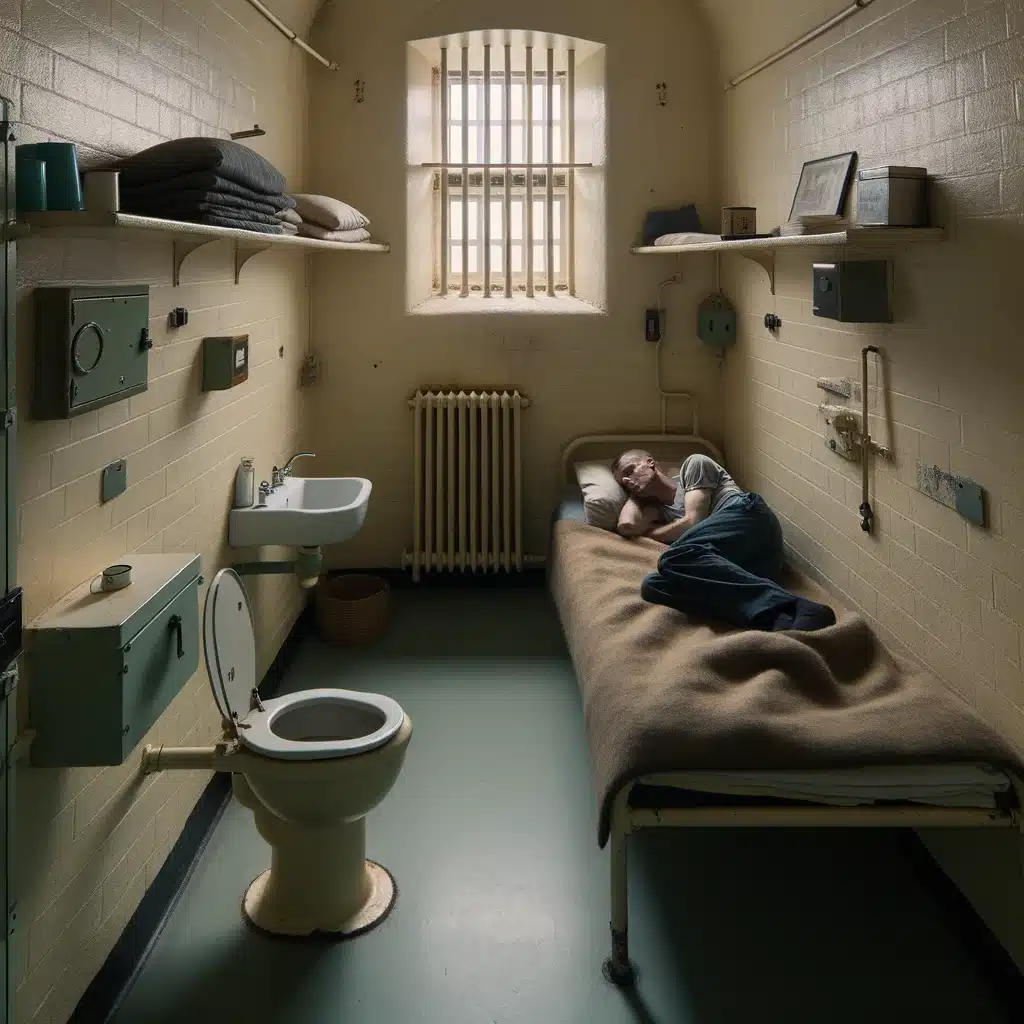How Long Do Prisoners Spend in Their Cells in the UK?

When it comes to the UK prison system, one question that often arises is: “How long do prisoners spend in their cells?” This topic has garnered attention from the public, policymakers, and human rights organisations alike. In this article, we’ll delve into the specifics of how much time inmates in the United Kingdom actually spend behind bars, and what factors contribute to this duration.
Average Time Spent in Cells
On average, prisoners in the UK spend around 22 to 24 hours a day in their cells, particularly during the initial stages of their sentence. However, this can vary significantly based on several factors such as the type of prison, the prisoner’s behaviour, and any ongoing lockdowns or restrictions.
High-Security Prisons
In high-security prisons, inmates are likely to spend more time in their cells due to the stringent security measures in place. These facilities house individuals who are considered a high risk to public safety, and therefore, the emphasis is on containment rather than rehabilitation.
How Long Do Prisoners Spend in Their Cells in the UK?
Open Prisons
On the other end of the spectrum are open prisons, where inmates have more freedom and may spend less time in their cells. These facilities focus on rehabilitation and preparing prisoners for reintegration into society.
Factors Affecting Time in Cells
Behaviour and Privileges
Good behaviour can lead to more privileges, including spending less time in one’s cell. Inmates who follow the rules and engage in rehabilitation programmes may earn the opportunity to participate in work assignments, educational courses, or recreational activities.
Lockdowns and Restrictions
During periods of lockdown, whether due to security concerns or health crises like the COVID-19 pandemic, prisoners may be required to spend extended periods in their cells. This can sometimes stretch to 23 or 24 hours a day.
The Debate on Time Spent in Cells
There is ongoing debate about the impact of spending extended periods in cells on prisoners’ mental health. Critics argue that excessive time in cells can lead to a range of psychological issues, including depression and anxiety. On the other hand, proponents of the current system argue that it is necessary for maintaining order and security within the prison.
Legal Guidelines
UK law stipulates that prisoners should be allowed out of their cells for at least 30 minutes a day for exercise, although this can be subject to change based on the prison’s operational needs or security concerns.
Conclusion
The amount of time prisoners spend in their cells in the UK varies widely, influenced by factors such as the type of prison, the inmate’s behaviour, and any special circumstances like lockdowns. While the debate continues on the psychological impact of extended cell time, what remains clear is that this is a complex issue with no one-size-fits-all answer.
Understanding the nuances of this topic is essential for anyone interested in the UK’s criminal justice system, as it touches on issues of human rights, public safety, and rehabilitation.



